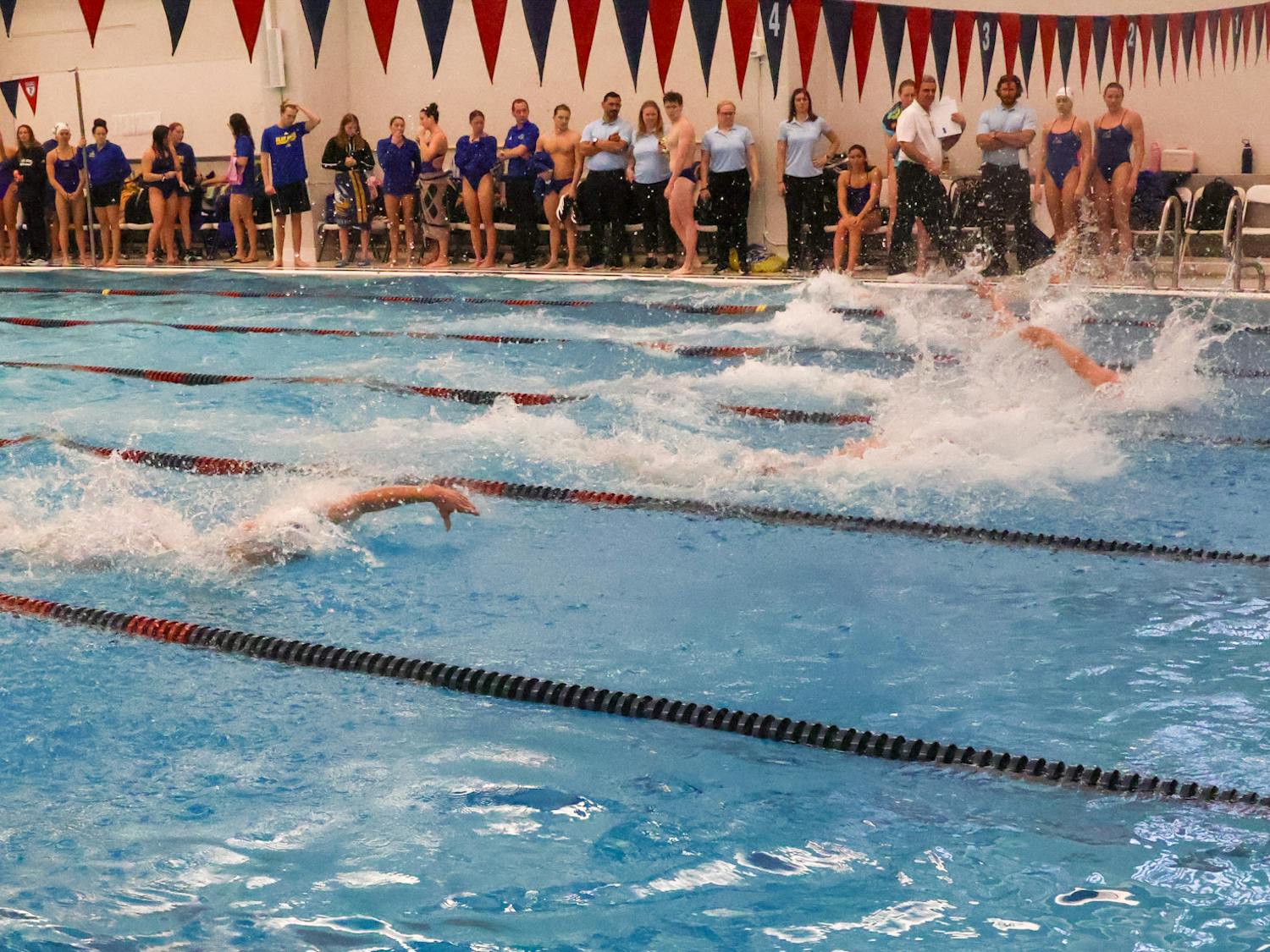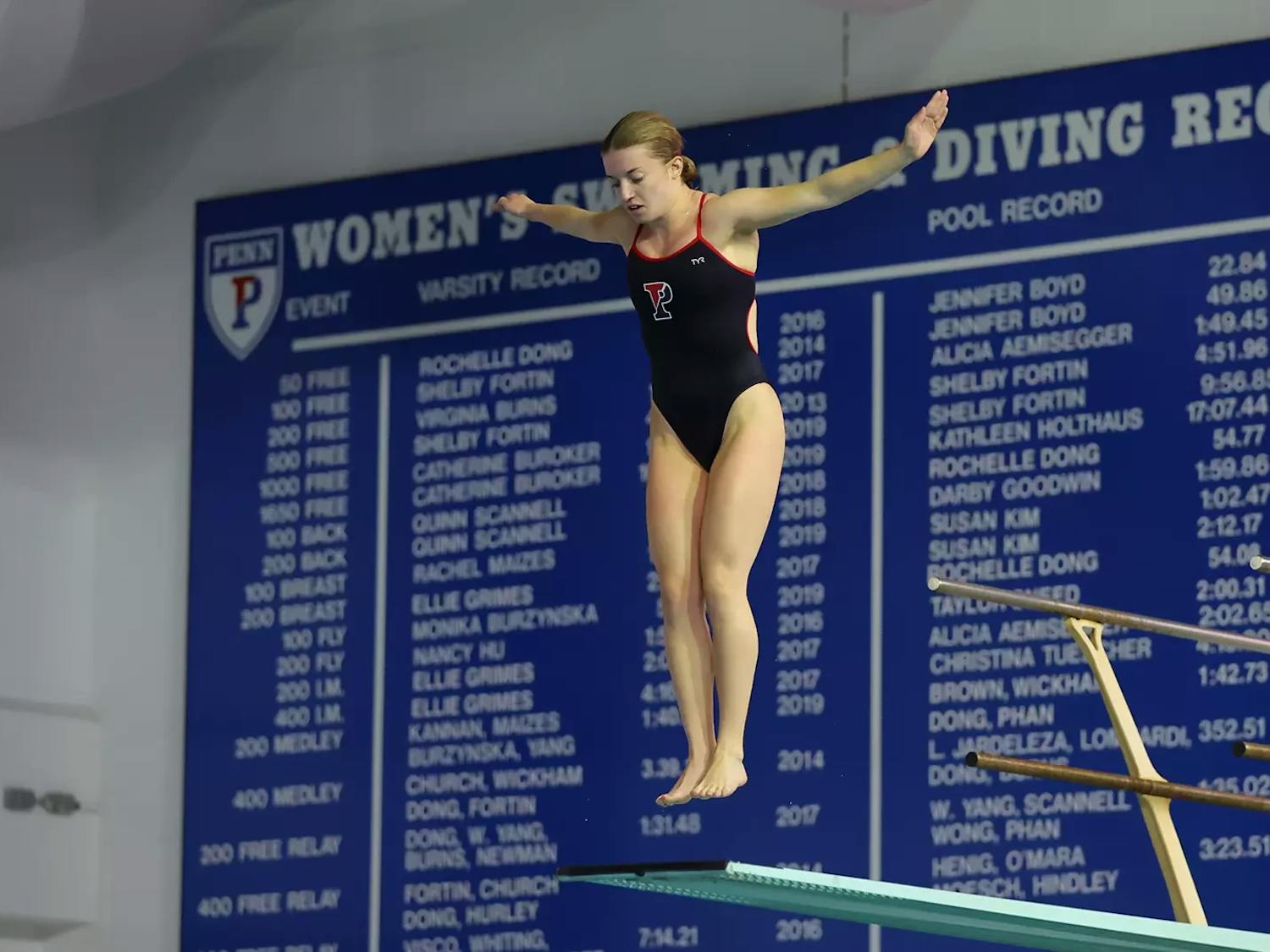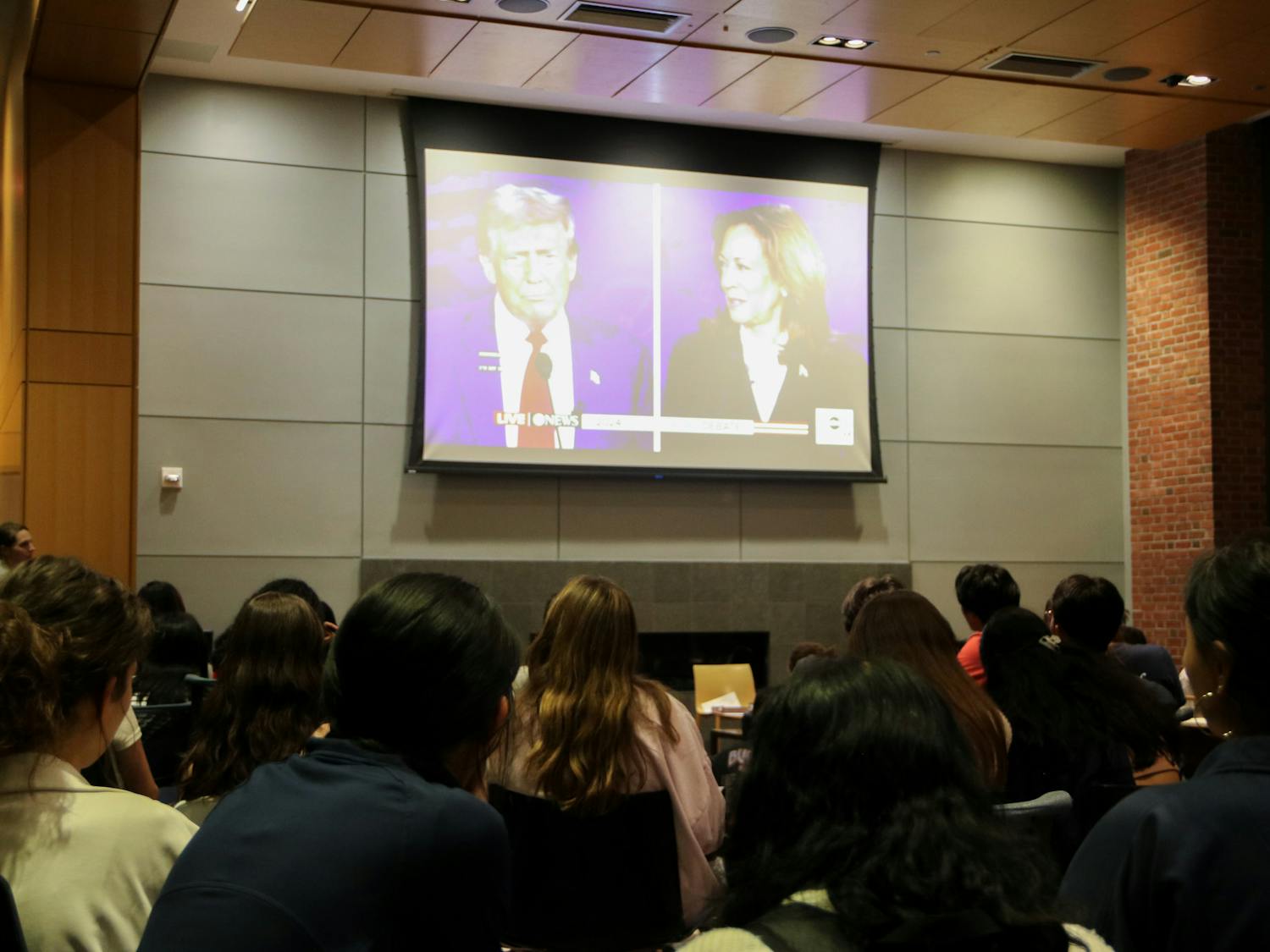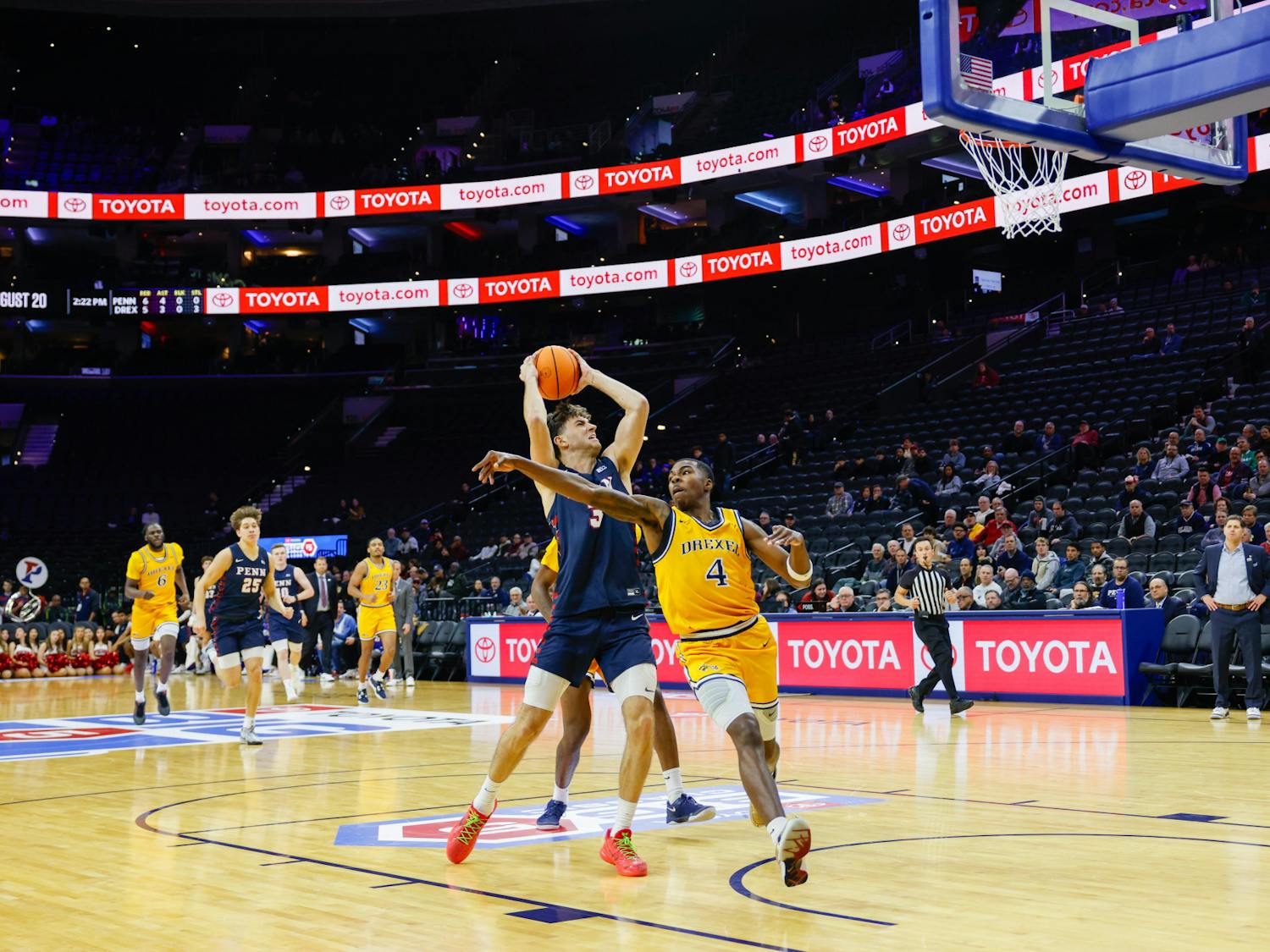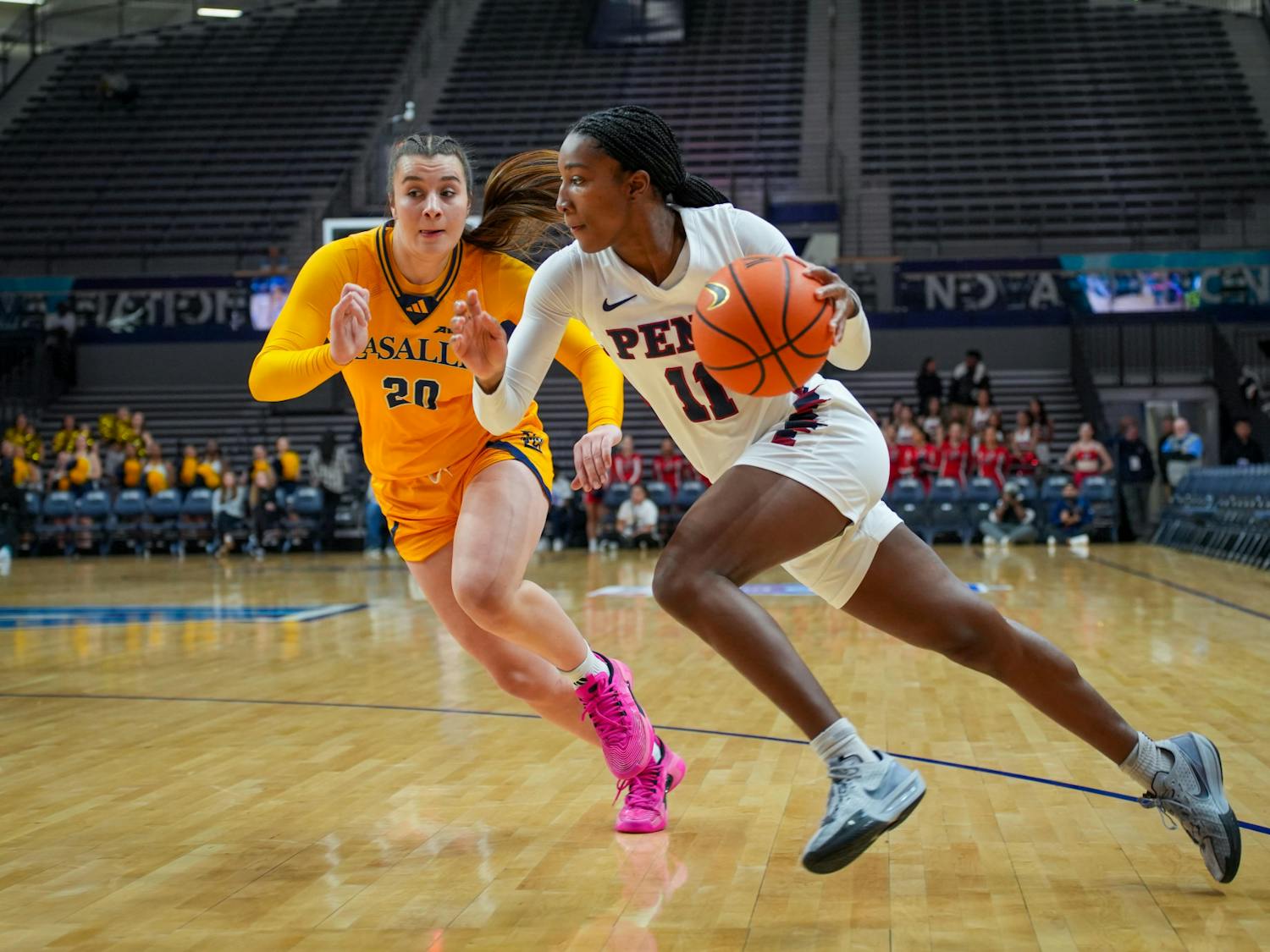Being a Penn student in 2020 shattered everyone's expectations of what their college experience would look like, with many forced to attend class from their childhood bedrooms. First years still have yet to attend lectures on campus, and upperclassmen spent the last two months of the spring and the entire fall semester learning remotely.
The COVID-19 pandemic has upended life for Penn students, many of whom are still struggling to adapt to remote learning. Just three weeks before classes were set to begin, Penn reversed its decision to bring students back to campus for the fall, instead holding the vast majority of classes online and offering housing only for limited exceptions.
Some students opted to take a leave of absence this semester rather than pay $26,583 in tuition for a fully online course load, and about 300% more incoming students than usual decided to take a gap year. But some first years chose to live in off-campus housing despite Penn’s decision, in the hopes of experiencing a somewhat normal first semester. Students found the semester challenging because of "Zoom fatigue," the exhaustion caused by using their computer all day, and the lack of fall break.
March 20 — A student petition calling for a pass/fail grading option garnered more than 3,000 signatures, prompting administration to announce that undergraduates from all four schools could take any course pass/fail, including those taken to satisfy major or general education requirements. The policy mirrored that of several other peer universities.
March 25 — Following Penn's decision to close campus for the semester, many first-generation, low-income and international students faced unique challenges during online learning. Some FGLI students who were denied on-campus housing were forced to conduct a last-minute search for housing and stable internet access. International students also struggled to Zoom in to class from vastly different time zones, with some students having to attend class at 3 or 4 a.m. Other students expressed concern over delays in much-needed financial aid to go towards new laptops, internet access, and groceries.
April 9 — Penn extended the deadline to opt in to pass/fail grading to April 29, the last day of classes for the spring semester. The move followed widespread student criticism and petitions for the University to push the original April 13 deadline back, which was the earliest deadline in the Ivy League at the time.
April 15 — Students called on the University to refund tuition, citing unusable campus resources — which tuition money funds — and the isolating nature of the semester.
April 16 — International students found that online classes held during the middle of the night in their time zones made it impossible to spend time with their families and live a normal life. Some students added that they felt pressured to attend these late lectures to do well on exams.
RELATED:
‘Time to think’: Students on gap semesters reflect on chance to relax and explore interests
Profs. deem online semester a success, but hope to teach in person soon
April 17 — Some teaching assistants, who said the shift to remote learning was difficult to manage in their dual student-teacher roles, called on Penn to provide more support and implement guidelines for professors to adhere to when managing TAs.
Sept. 16 — Despite widespread student backlash, Penn stood firm in its decision to cancel fall break, which would have been held from Oct. 1 to Oct. 4 but was scrapped to discourage travel. Associate Vice Provost for Education and Academic Planning Gary Purpura wrote in an emailed statement to The Daily Pennsylvanian that the move was in response to concerns of “increased incidence of COVID-19 in our community as students travel from campus and Philadelphia for the break.” A petition urging the University to reinstate the long weekend to give students a mental health break was signed by nearly 800 people — though some students and professors understood the concern that a fall break could increase the spread of COVID-19.
Oct. 6 — Some of Penn’s virtual classes were infiltrated by “Zoom bombers,” or hackers, who in one case, yelled homophobic and racist slurs. Professors of BIOL 101: Introduction to Biology A and CRIM 100: Criminology swiftly responded to the Zoom bombings by amping up course security, such as restricting access to users with Penn email addresses.
Oct. 12 — Penn’s competitive club recruitment process posed significant challenges for international students, many of whom were unable to attend the student activities club fair, information sessions, and interviews due to differences in time zones. Students called on the Student Activities Council to promote greater accessibility for international students by holding the club fair at different times throughout the day, as well as taking on a greater role in regulating student groups whose meeting times might exclude international students.
Oct. 13 — Despite Penn’s decision to cancel in-person classes and urge students not to return to Philadelphia, dozens of first years rented local apartment rooms anyway. About 40 first years chose to reside in The Chestnut, a new luxury building at 3720 Chestnut Street where monthly rent begins at $1,800 per bedroom. Some students living in The Chestnut said they were aware of first years throwing parties in their apartments, while others said most socialization took place outdoors, such as through events hosted by Penn Hillel.
Oct. 28 — Many students alleged rampant cheating on exams due to the virtual format of the semester. Some professors, acknowledging the likelihood that many students would use their notes during virtual exams, have made their exams open-book. Other professors have imposed strict time limits on exams, live-proctored their exams over Zoom, administered different versions of the same exam, or made their exams free response. Students in curved classes, where one’s grade on an exam is contingent on the class average, expressed concern that cheating was hindering their own course performance.
Oct. 30 — More than 3,800 students petitioned the University to extend the pass/fail deadline from Oct. 30 to the end of the semester. The petition, created by College junior Leo Chambers, pointed to the difficulties of solitary online learning, the stress caused by the 2020 presidential election, and the threat of contracting COVID-19 as reasons to extend the deadline. The petition was unsuccessful, though it continued a longstanding debate over how to best accommodate students during this challenging time.
Nov. 1 — To accommodate for the loss of in-person traditions like the "Take Your Professor to Lunch" program, some instructors turned to online platforms such as Slate, Slack, and Gather to connect with their students.



